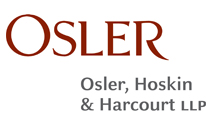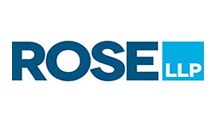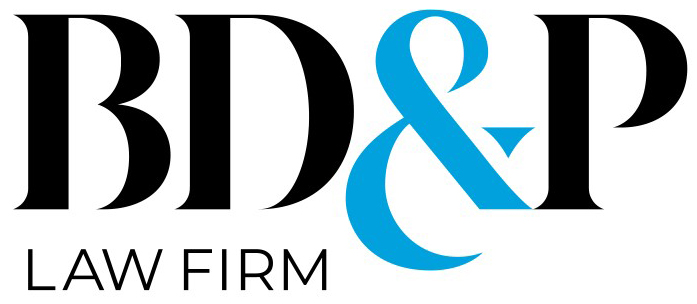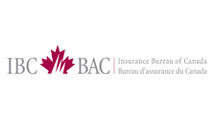SINGAPORE: In the first Mass Call held via Zoom in Singapore on Tuesday (Aug 25), the Chief Justice urged new lawyers to embrace technology and remote hearings in these « unprecedented times ».
The Mass Call usually takes place in the High Court, with new lawyers filing in with gowns, but it proceeded via Zoom on Tuesday morning, with solicitors and advocates dialling in from their respective locations and bowing while seated when their names were called.
« You are today playing a small role in the making of legal history as you participate in the first Mass Call in Singapore conducted using remote communication technology, » Chief Justice Sundaresh Menon told more than a hundred new lawyers over Zoom.
« The fact that we gather today in this way to admit new members to the Bar is a sign of the unprecedented times that we live in. »
While COVID-19 has impacted the economy, it has also dissolved resistance to greater use of technology in legal processes, with the notion of non-physical courts previously rejected by judges and lawyers alike, he said.
The increased use of remote hearings means that litigation lawyers will have to adapt to new forms of advocacy and be proficient in arguing cases not just in person but virtually, said the Chief Justice.
« To do so effectively, advocates will have to familiarise themselves rapidly with the features of remote hearing platforms, but more importantly learn to navigate the constraints of such platforms, as well as how to get around the limitations of having to argue a case remotely with various others in the hearing all dialing in from different locations. »
Chief Justice Menon said the new generation of lawyers « especially proficient with technology » has an opportunity to play in part « in paving the way towards greater efficiency in the delivery of legal services ».
He pointed to how law firms in the United States reported that giving younger attorneys leading roles in innovation efforts has been critical in facilitating their pivot towards working remotely.
« It has also been noted that younger lawyers are more likely than their more senior colleagues to request, learn and adopt technological tools that can reduce inefficiencies in legal practice, » he said.
He encouraged the new lawyers to actively consider how technology can improve efficiency in the delivery of legal services.
« You are well placed to offer fresh perspectives and creative ideas that may not occur to those of us accustomed to the old ways of practice, » he said. « So, be innovative in pursuing new ideas, collaborative in your approach to developing them, and bold in your efforts to actualise and publicise them. »
THE IMPACT OF COVID-19
A survey by the Singapore Academy of Law conducted on about 400 local practitioners and in-house counsel in April this year found that 83 per cent of respondents reported a decrease in new cases and in revenue, said the Chief Justice.
Several law firms responded initially by freezing increments, reducing hiring and cutting partner salaries, but many have since enhanced cost-saving measures by implementing firm-wide wage cuts affecting partners, junior associates and other employees, he said.
The pandemic may also have had an adverse effect on employment prospects of recent law graduates, said Chief Justice Menon, pointing to an anonymous survey conducted at the current Mass Call’s rehearsal.
About 19 per cent of 373 respondents, representing about 70 per cent of those entering the profession through Mass Call 2020, said they were still looking for work, while 62 per cent of this segment said they have been doing so since the pandemic began.
While the figures are « concerning », COVID-19 has had an uneven impact, with some in-house lawyers reporting an increase in work, with « clear signs that there are opportunities for legal professionals even in the midst of crisis ».
« Perhaps the most enduring legacy of COVID-19 for the courts and the legal profession will be the dissolution of long-held resistance in some quarters to the greater use of technology in legal processes, and a renewed appreciation of how technology can be harnessed to sustain and enhance access to justice, » said the Chief Justice.
« Today, it is safe to say that remote hearings have by and large proven to be a feasible, convenient and effective solution that has helped those courts that embraced it to maintain a good level of access to justice during the pandemic. »
The Mass Call will be completed over Tuesday and Wednesday in four sessions, with more than 500 advocates and solicitors called to the Bar over two days.


















